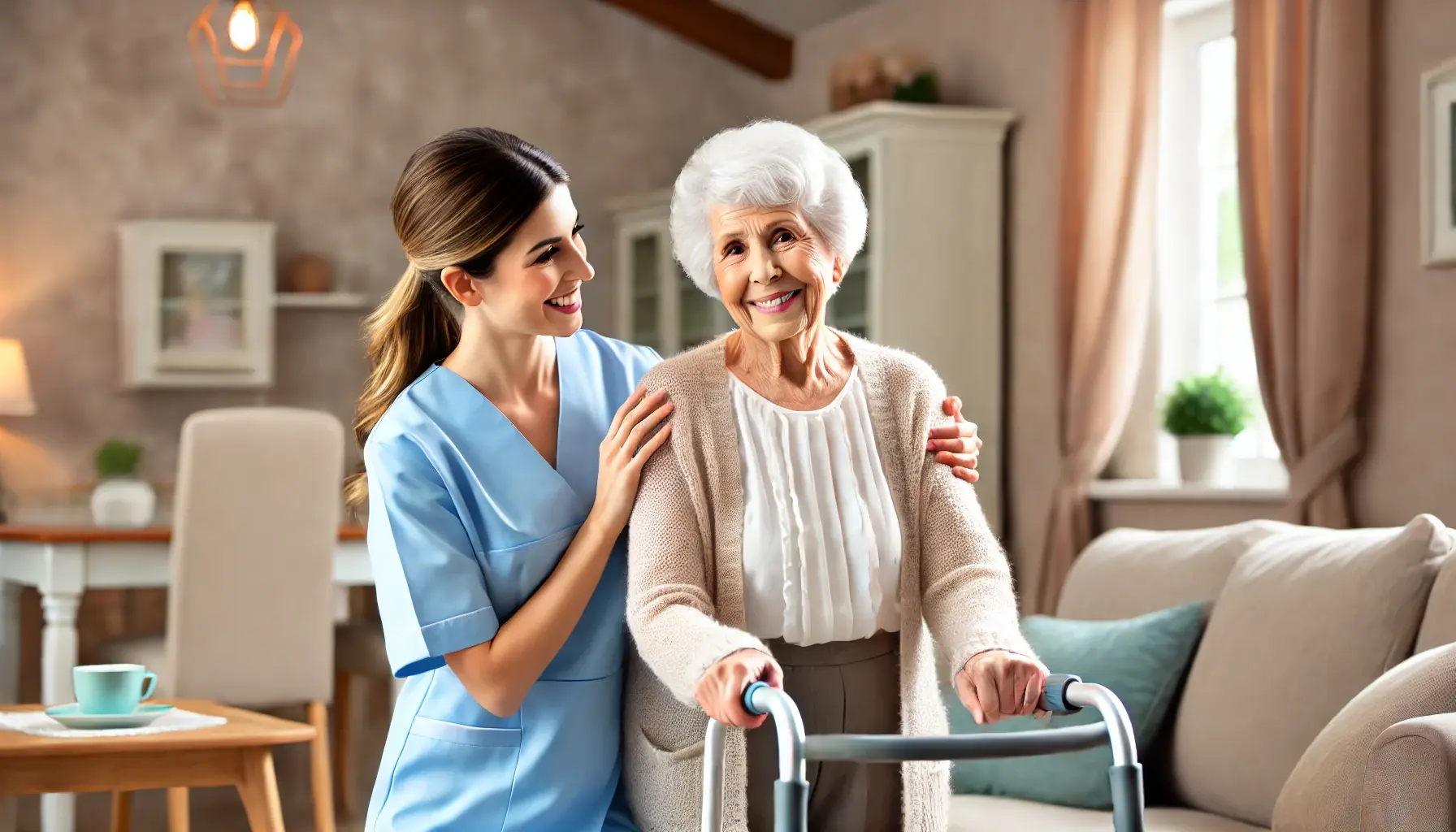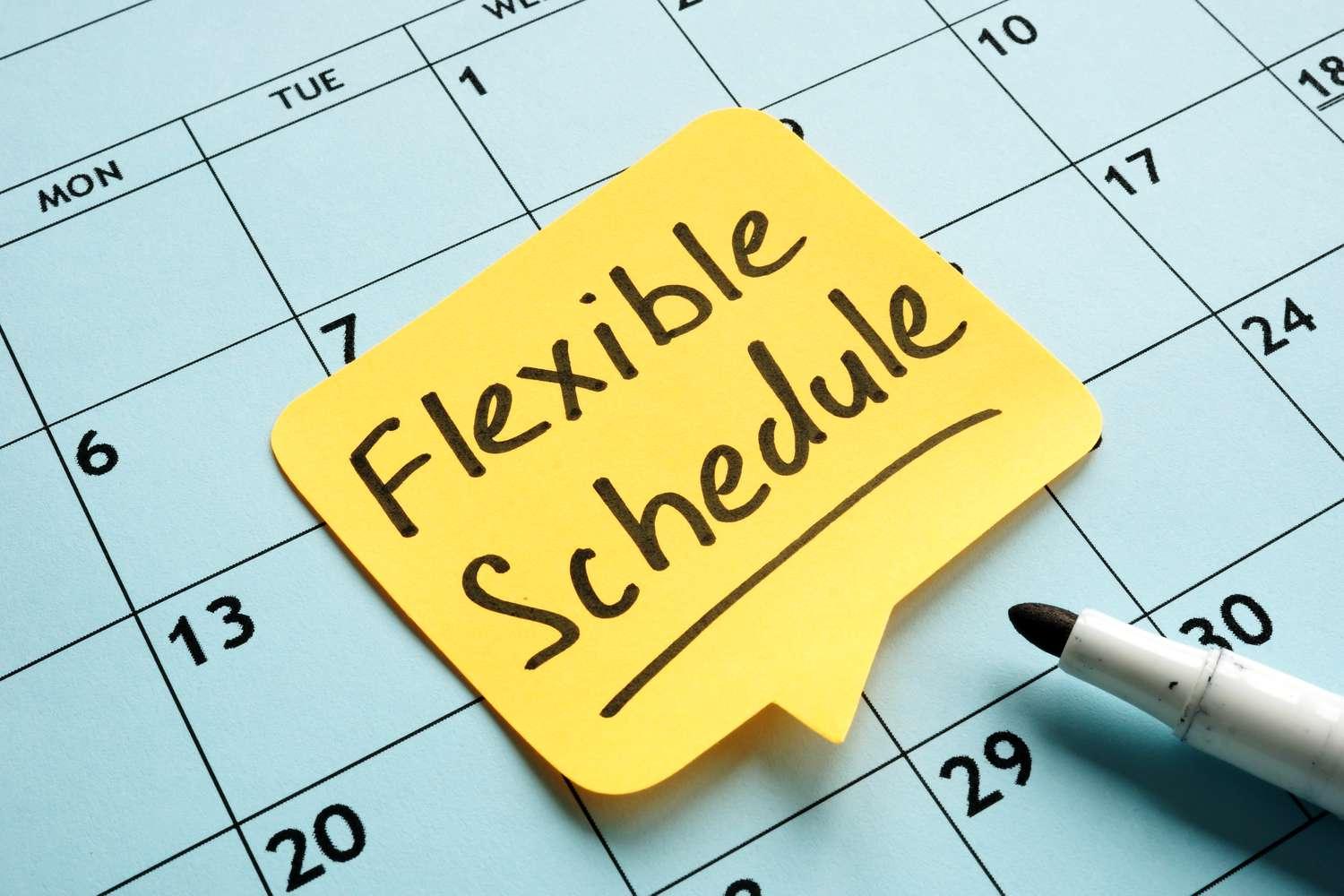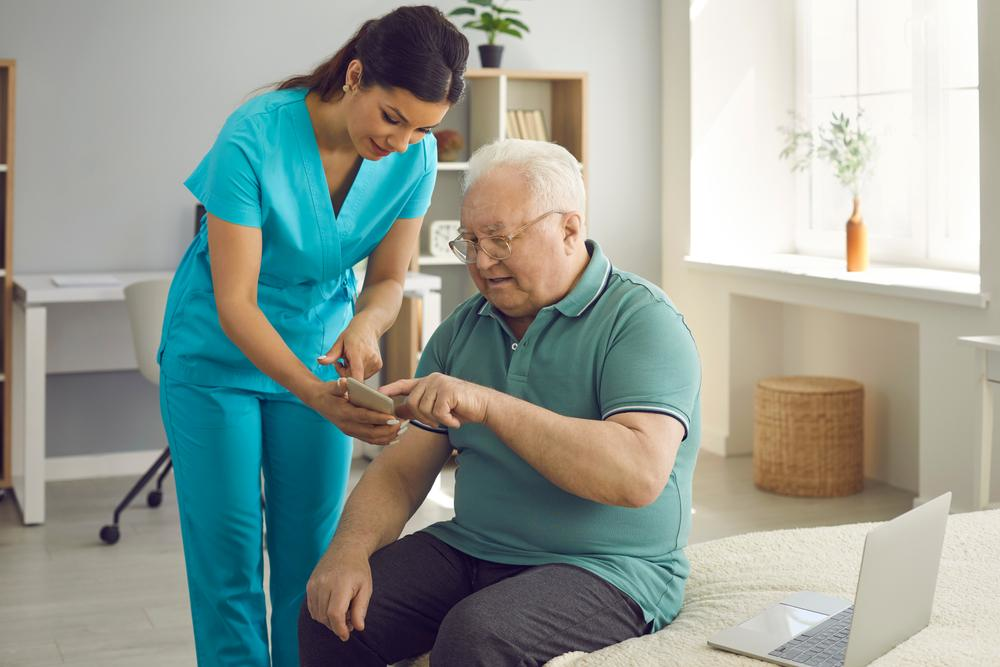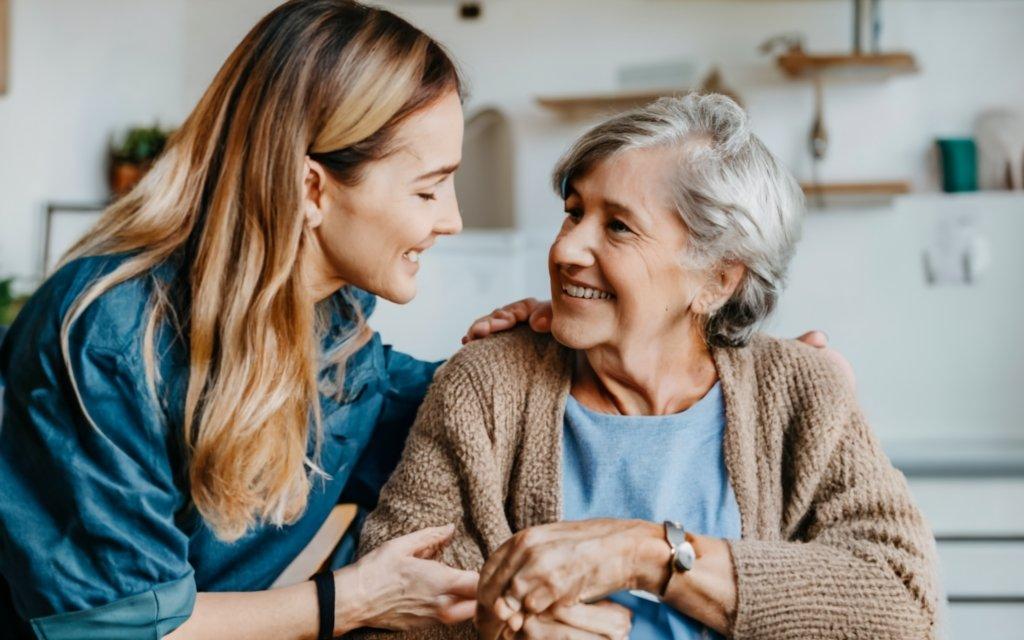Working as a Personal Care Aide (PCA) is a rewarding career that makes a direct impact on the lives of individuals who need assistance with daily activities. Whether you’re helping an elderly person, a disabled individual, or someone recovering from an illness, your role as a PCA is crucial for maintaining their quality of life and independence. If you’re considering becoming a PCA, or are curious about what a typical day might look like, this article will provide a detailed breakdown of a day in the life of a PCA, covering everything from morning routines to the tasks that make this profession both challenging and fulfilling.
Early Morning: Starting the Day with Compassion
Many PCAs begin their day early, as some clients require assistance in the morning to start their daily routines. Depending on your client's needs, your tasks might include:
Helping with personal hygiene:
One of your first responsibilities may involve assisting with getting your client out of bed, bathing, brushing teeth, grooming, and dressing.
Preparing breakfast:
Once personal hygiene is taken care of, you’ll often help prepare breakfast, ensuring the meal meets any dietary restrictions.
Medication management:
For clients who take regular medications, you may assist by reminding them to take their prescriptions or, in some cases, administering the medications if it’s within your scope of practice.
Starting the day on a positive note can set the tone for the rest of the day. Many PCAs make it a point to engage with their clients socially during the morning routine, offering conversation and emotional support.
Mid-Morning: Housekeeping and Mobility Assistance
As the morning progresses, your responsibilities may shift towards helping your client with their home environment. This can include:
Light housekeeping:
You may assist with light chores like making the bed, washing dishes, doing laundry, and tidying up around the house. These tasks help maintain a clean and comfortable living environment.
Mobility support:
For clients who have mobility challenges, PCAs may assist them in moving around the house or provide support if they need help walking, transferring from a bed to a chair, or navigating stairs. This often includes the use of assistive devices like walkers or wheelchairs.
Additionally, some clients may have medical equipment that requires care or monitoring, such as oxygen tanks or mobility devices, which you’ll help manage as part of your duties.
Lunch and Afternoon: Activities and Social Engagement
Depending on your client's schedule and health, afternoons may be filled with a variety of activities that go beyond basic caregiving. After lunch (which you may help prepare), many PCAs take on a companion role by engaging clients in stimulating activities. Some typical tasks during this time might include:
Running errands:
You might accompany your client on a trip to the grocery store, pharmacy, or other errands, ensuring they have everything they need for daily living.
Exercise and rehabilitation support:
For clients who are following an exercise routine prescribed by a physical therapist, you may assist with stretching exercises, mobility exercises, or rehabilitation tasks. These exercises can range from walking to more structured physical therapy.
Social interaction:
Many clients enjoy conversation, watching TV, playing card games, or working on puzzles together. Engaging in these activities helps to keep clients mentally stimulated and emotionally supported, combating feelings of isolation and loneliness.
Evening: Wrapping Up the Day
As the day winds down, your tasks will often revolve around helping your client prepare for the evening and nighttime routine. This can include:
Preparing dinner:
Ensuring that the evening meal is healthy and adheres to any dietary guidelines is another responsibility of a PCA. You may also help set up a comfortable environment for the client to enjoy their meal.
Winding down with personal care:
Assisting with evening hygiene routines such as bathing, changing into pajamas, and helping with oral care is a regular part of the job.
Helping with bedtime:
Many clients need assistance getting into bed and setting up for the night, especially those with mobility issues. You may also need to ensure any medical devices are properly set up, such as CPAP machines or bedside oxygen.
Flexibility and Personalization: No Two Days Are the Same
Although there’s a general structure to a PCA’s day, every client is different, and their needs may change daily. One day you might focus more on personal care and housekeeping, while another day might involve running errands or spending time socializing. The ability to adapt and respond to your client’s needs is a crucial skill for any PCA.
Emotional Support and Relationship Building
A key part of being a PCA is developing a strong, trusting relationship with your client. Many PCAs work with the same clients for months or even years, and during that time, they often become a trusted companion, not just a caregiver. Listening to their stories, providing reassurance, and being there for them emotionally can be as important as the physical tasks you perform.
Challenges of the Job
While being a PCA is fulfilling, it can also be physically and emotionally demanding. Some clients may have complex medical conditions, and you’ll need to stay patient and compassionate while providing care. Physical tasks such as lifting, transferring, and assisting with mobility can be taxing, so it’s important to maintain your own health and wellness. Additionally, balancing your client's needs with maintaining professional boundaries can sometimes be challenging, but it’s essential for long-term success in the role.
Why Choose a Career as a PCA?
If you’re considering a career as a Personal Care Aide, it’s important to recognize that the job offers more than just a paycheck. It provides:
A chance to make a real difference:
Every day, you’re helping someone live more independently and with dignity.
Flexible hours:
Many PCAs work flexible hours that can fit around other commitments, making this a great job for those seeking work-life balance.
Opportunities for growth:
Many PCAs use their experience as a stepping stone into other healthcare roles such as Home Health Aides (HHA) or Certified Nursing Assistants (CNA).
Conclusion
A typical day as a PCA involves far more than just assisting with daily activities—it’s about building relationships, offering emotional support, and helping clients maintain their independence. Every day brings new challenges and rewards, and the work you do as a PCA directly impacts the quality of life of your clients. If you enjoy caring for others and want to make a difference in someone’s life, becoming a PCA may be the perfect career choice for you.
At GoodCare Home Health Services, we value our PCAs for their dedication and hard work. If you’re interested in joining our team, feel free to reach out and learn more about our opportunities for personal care aides.











